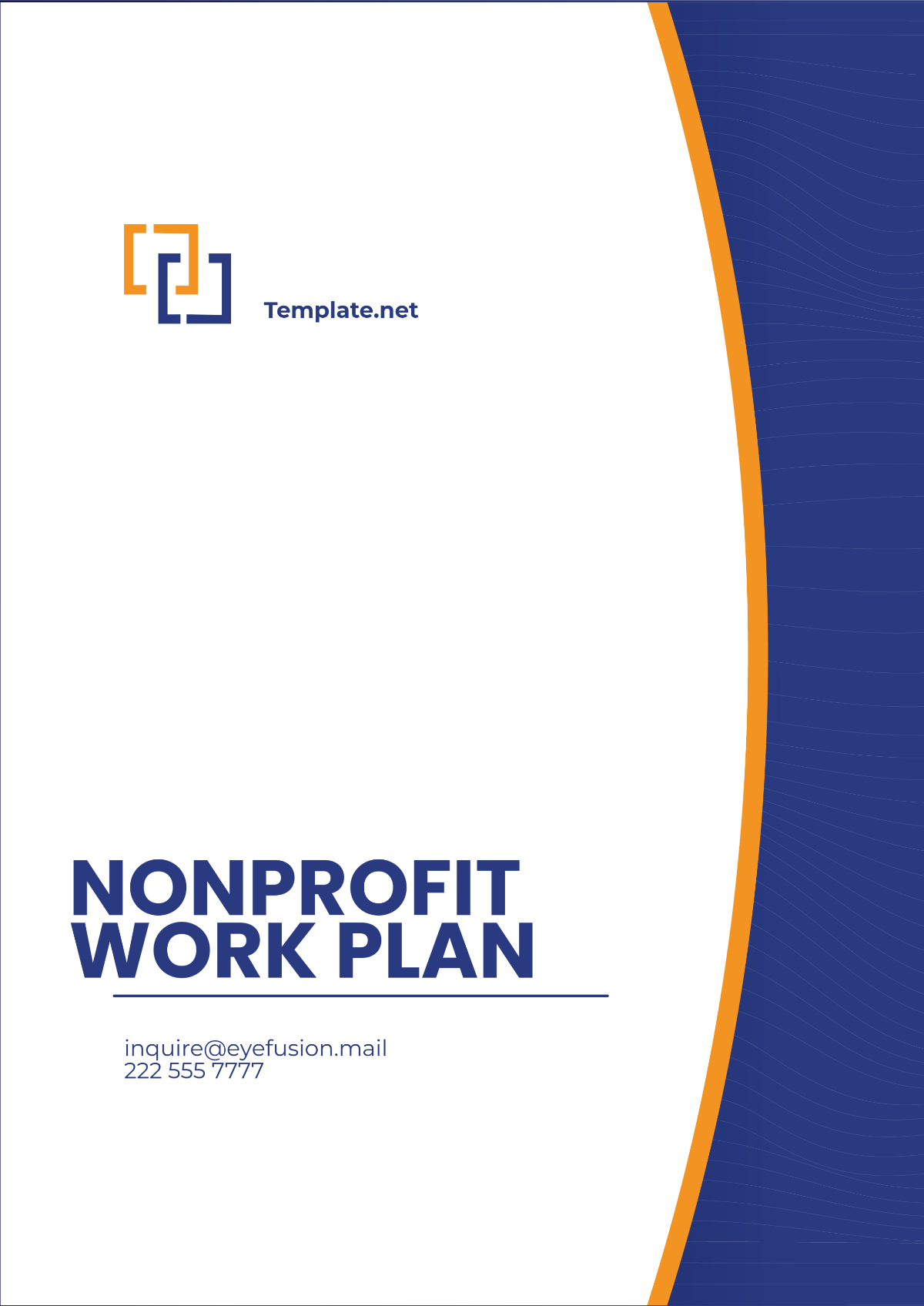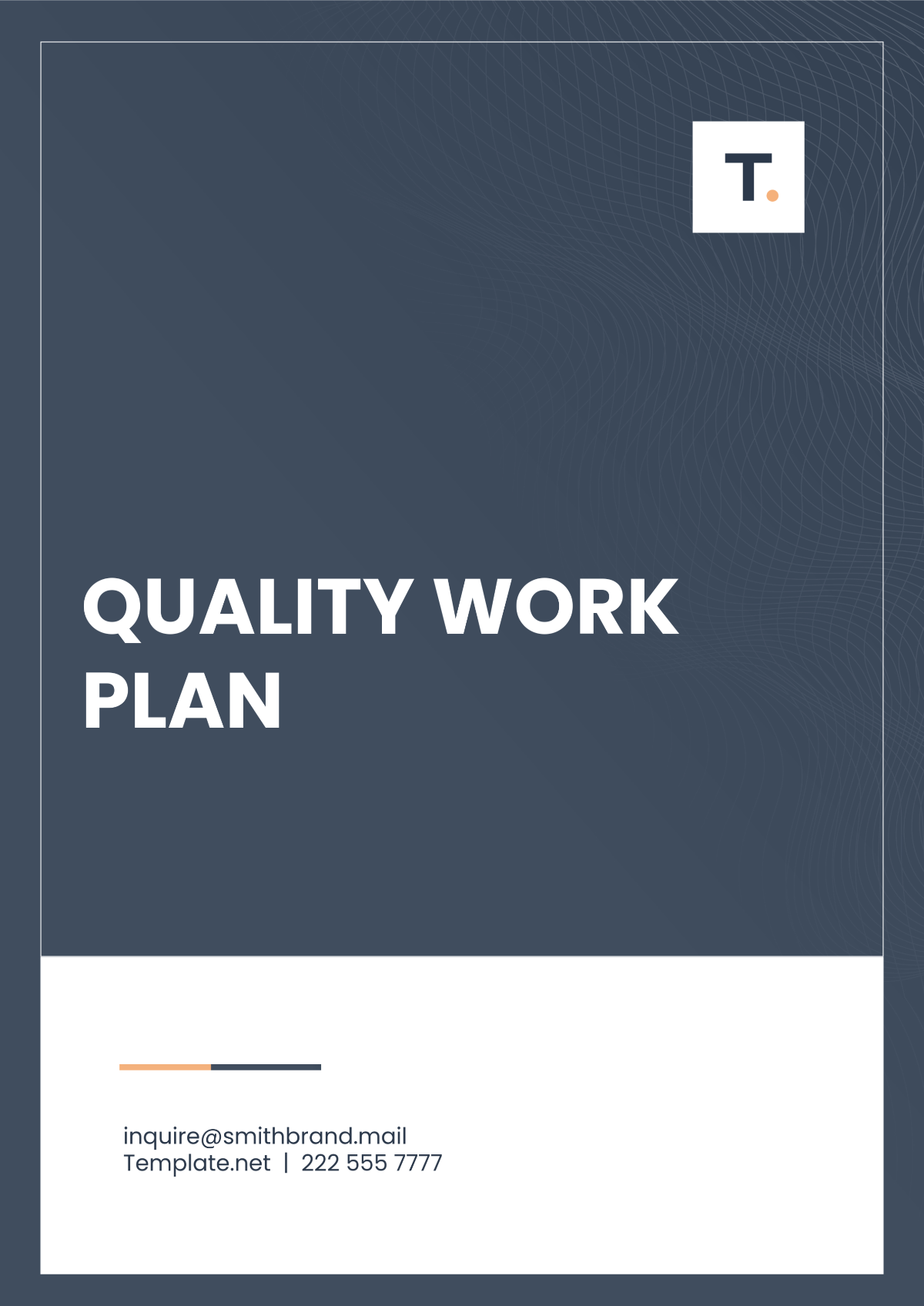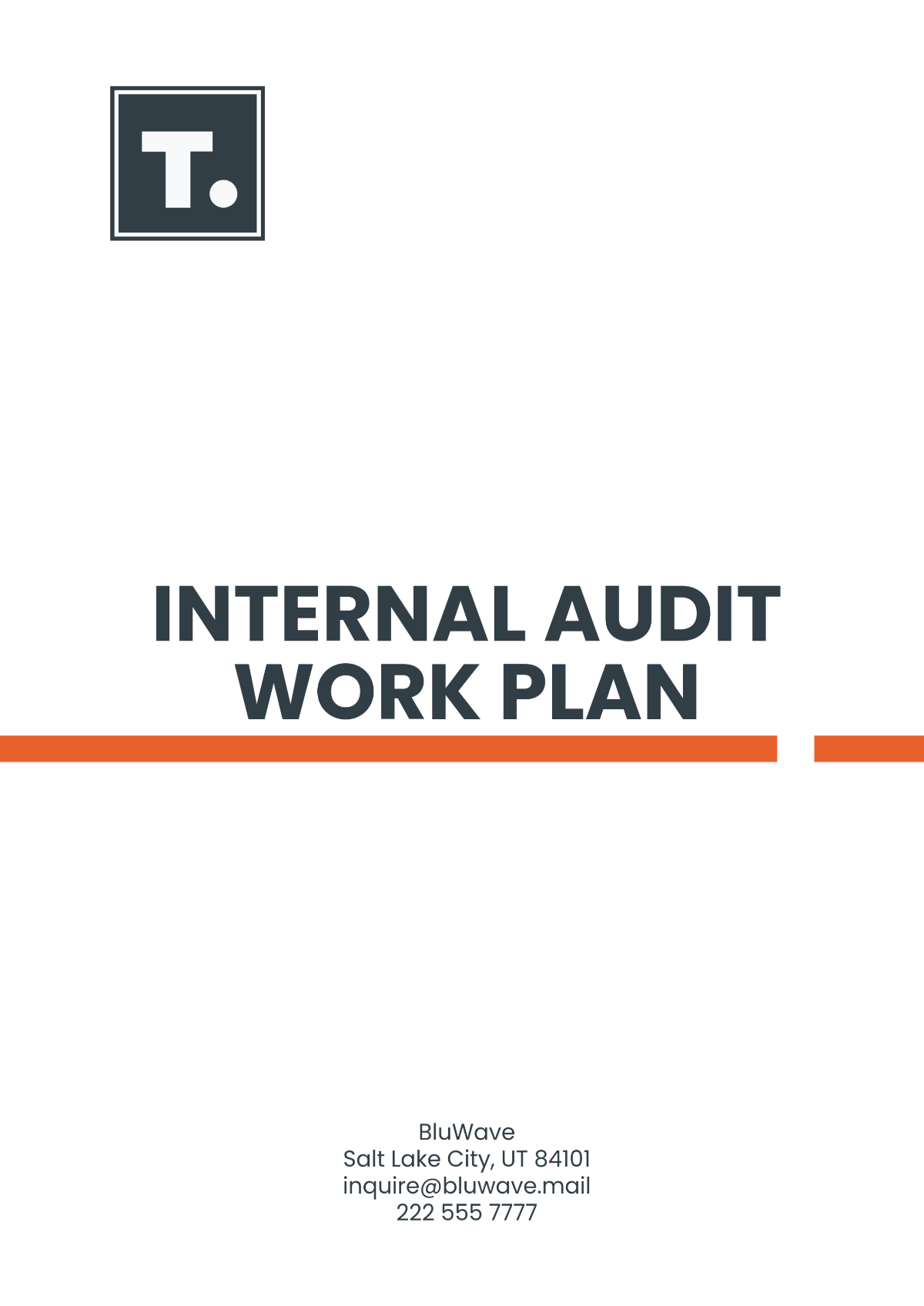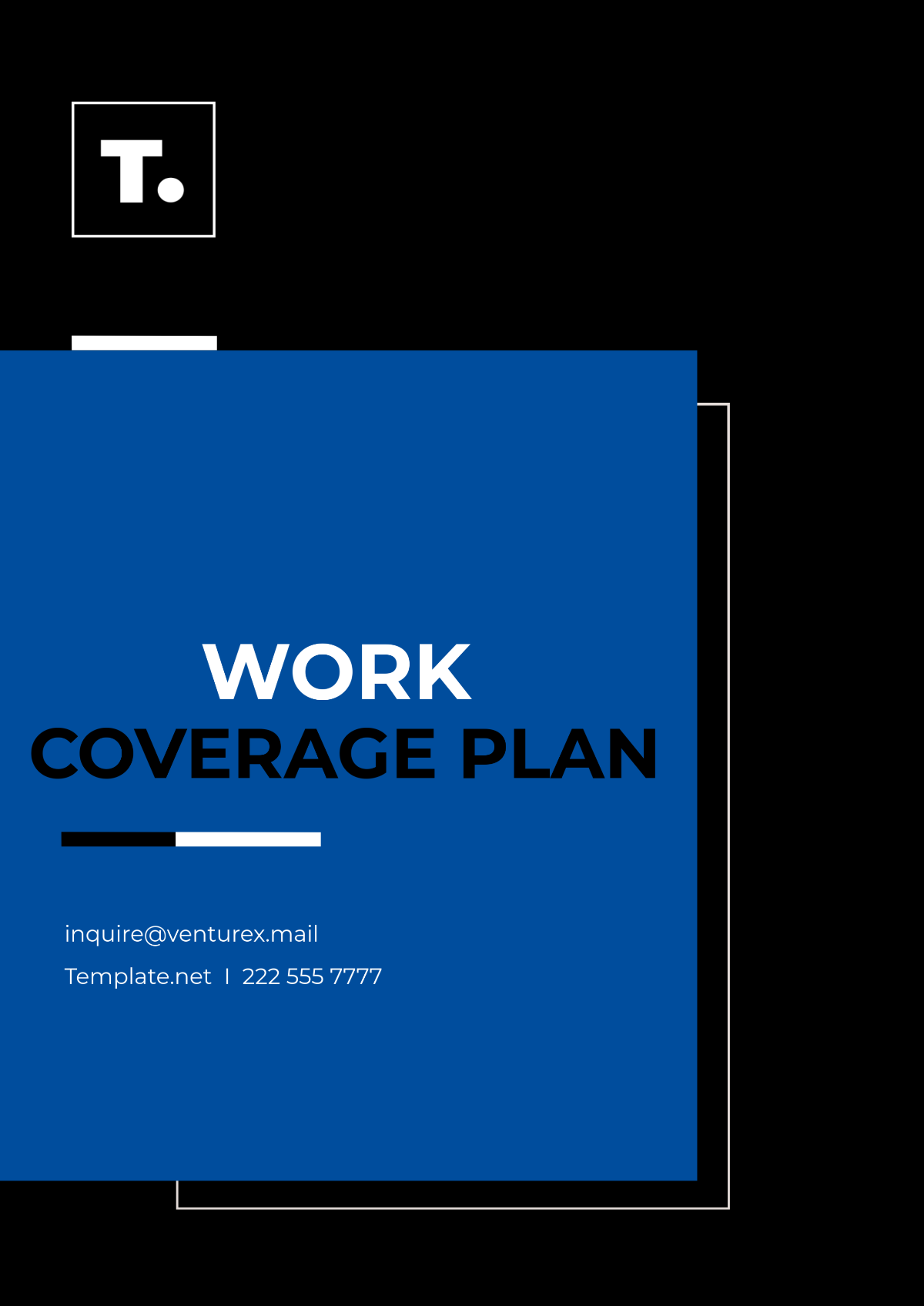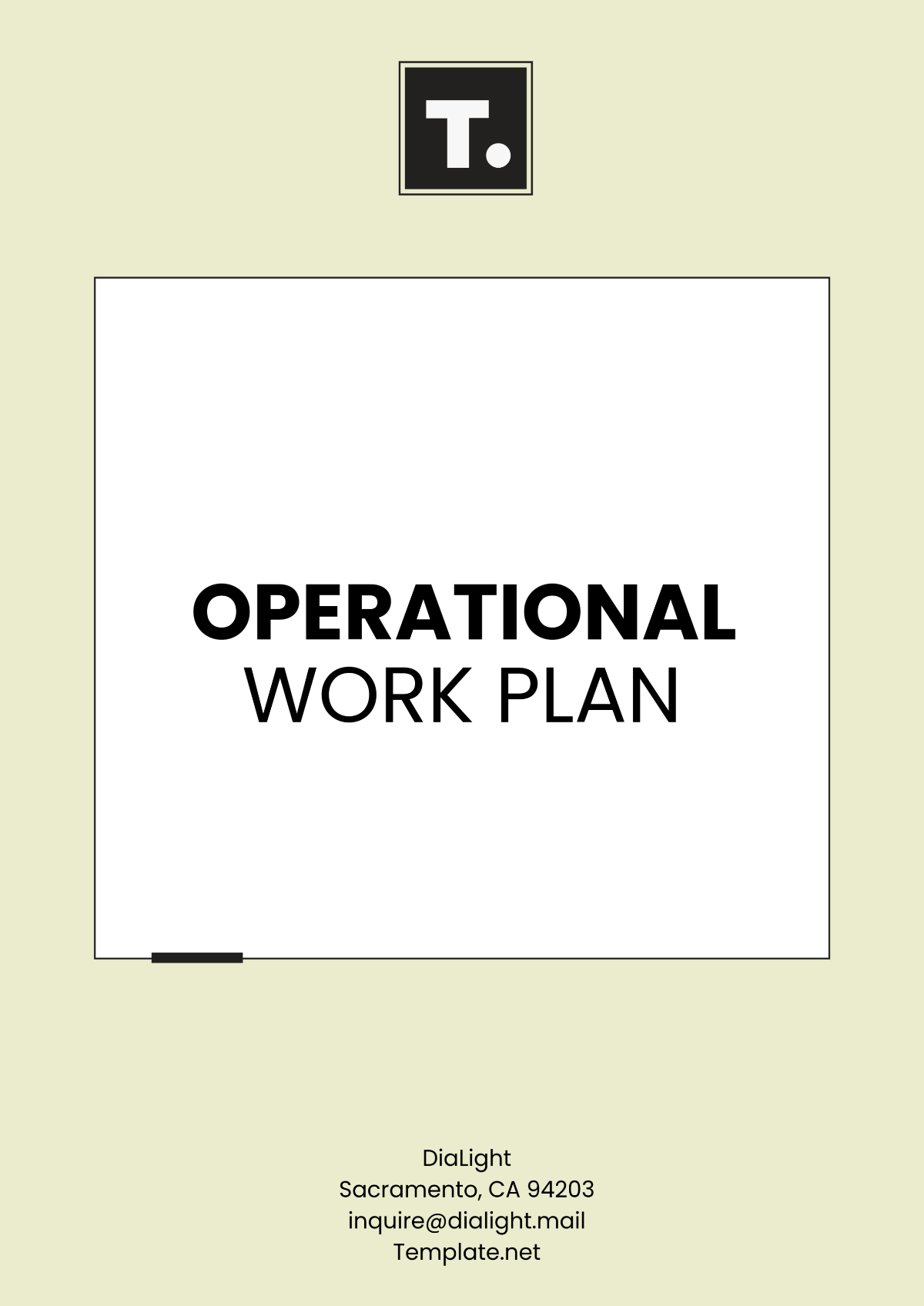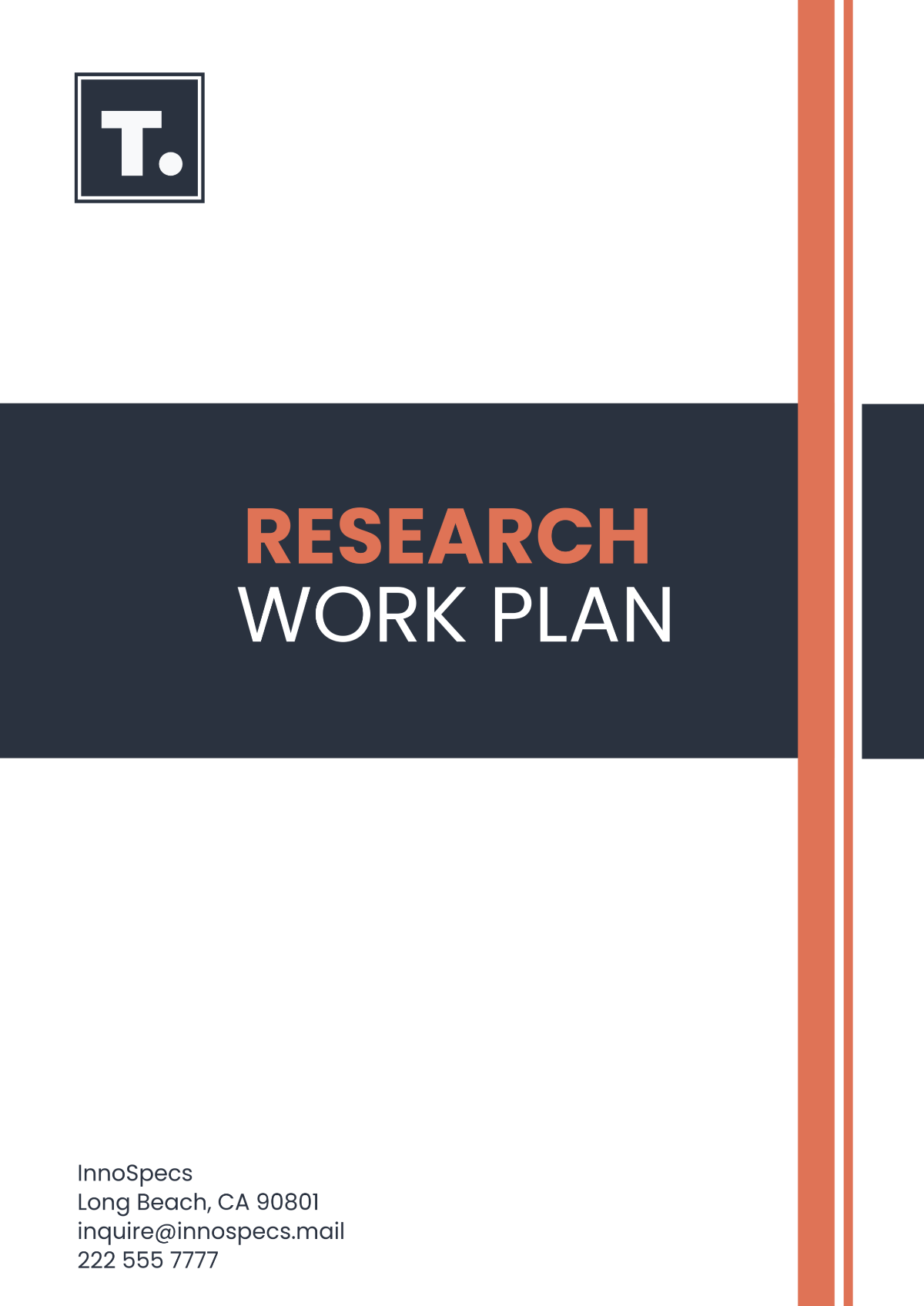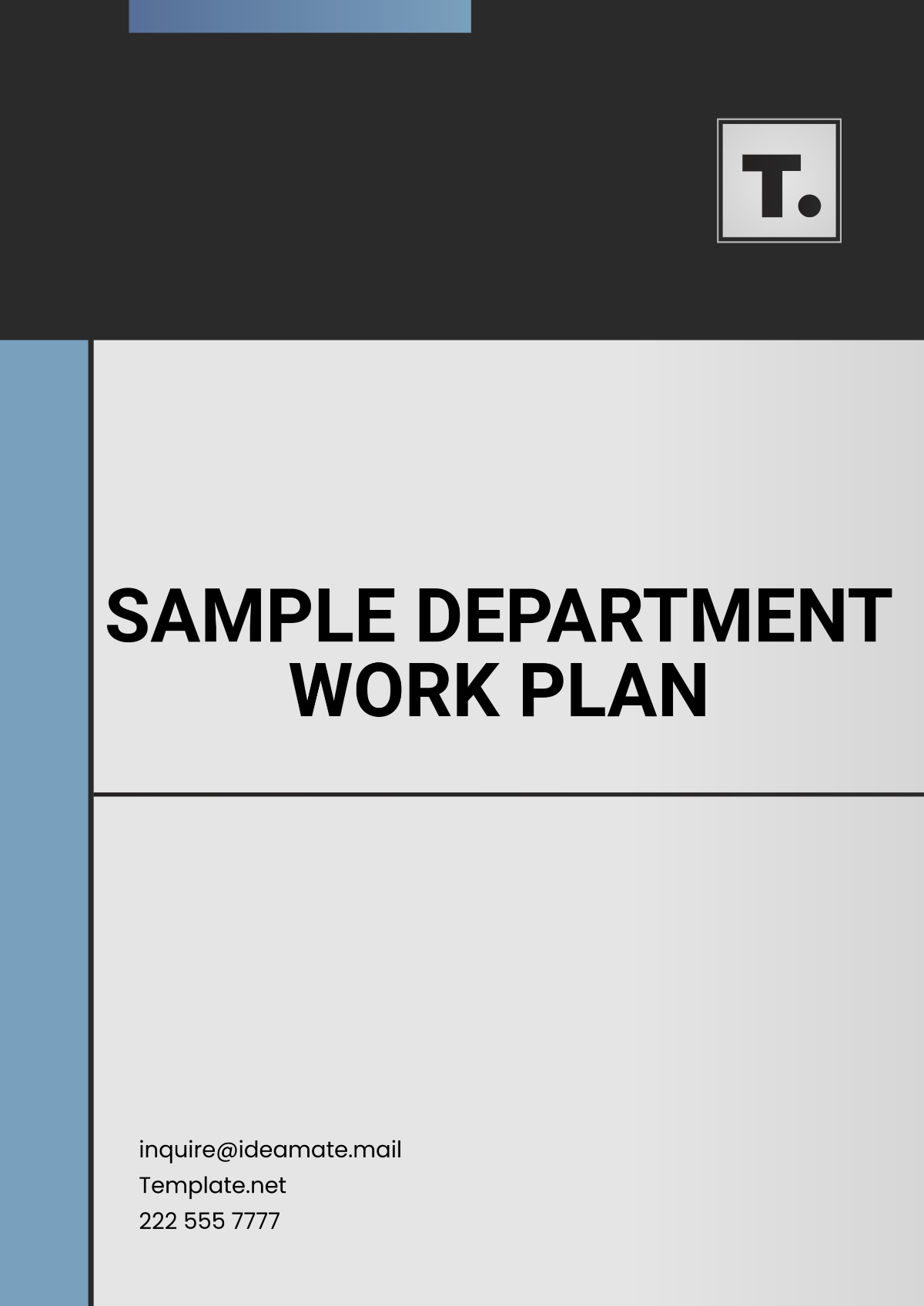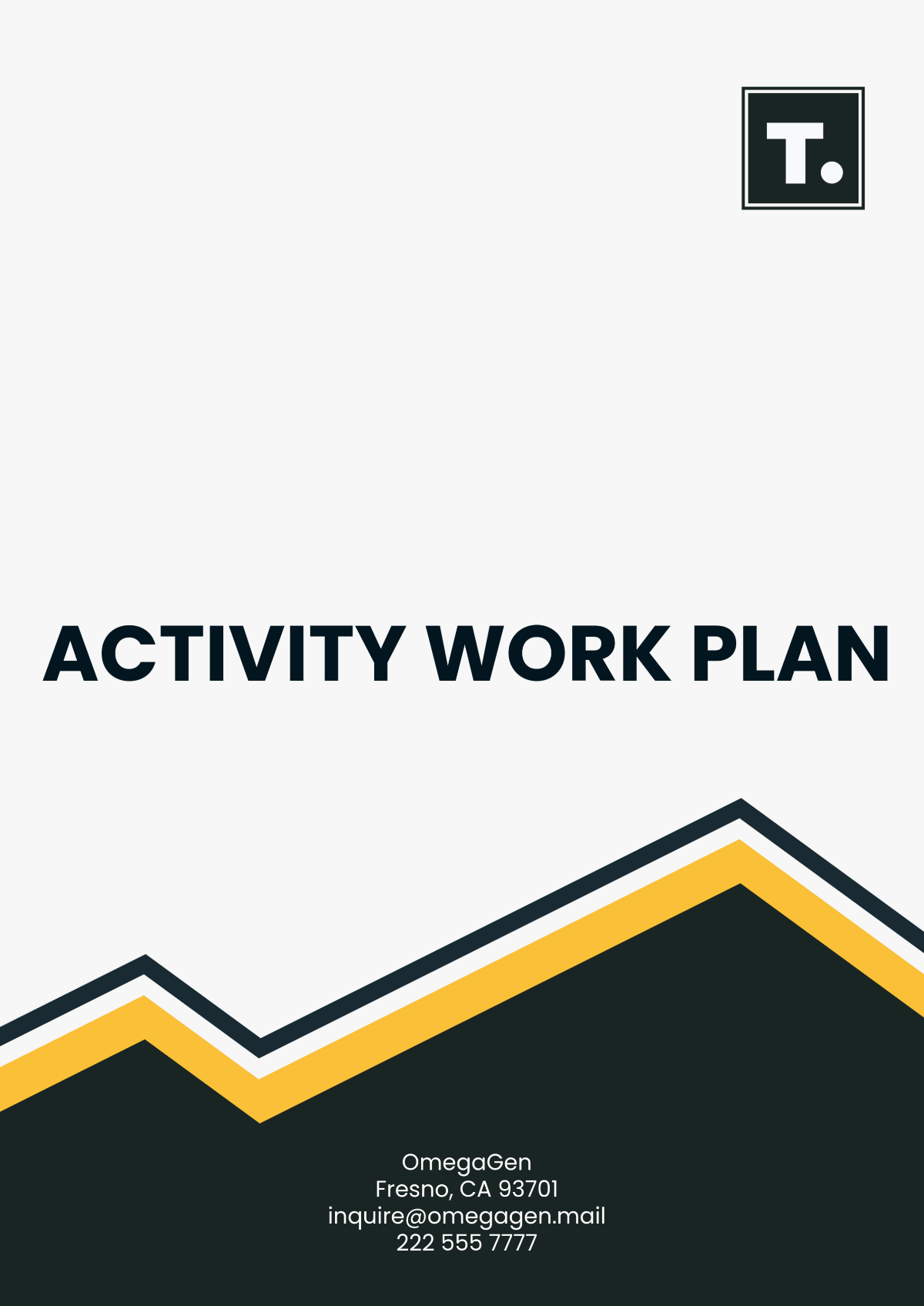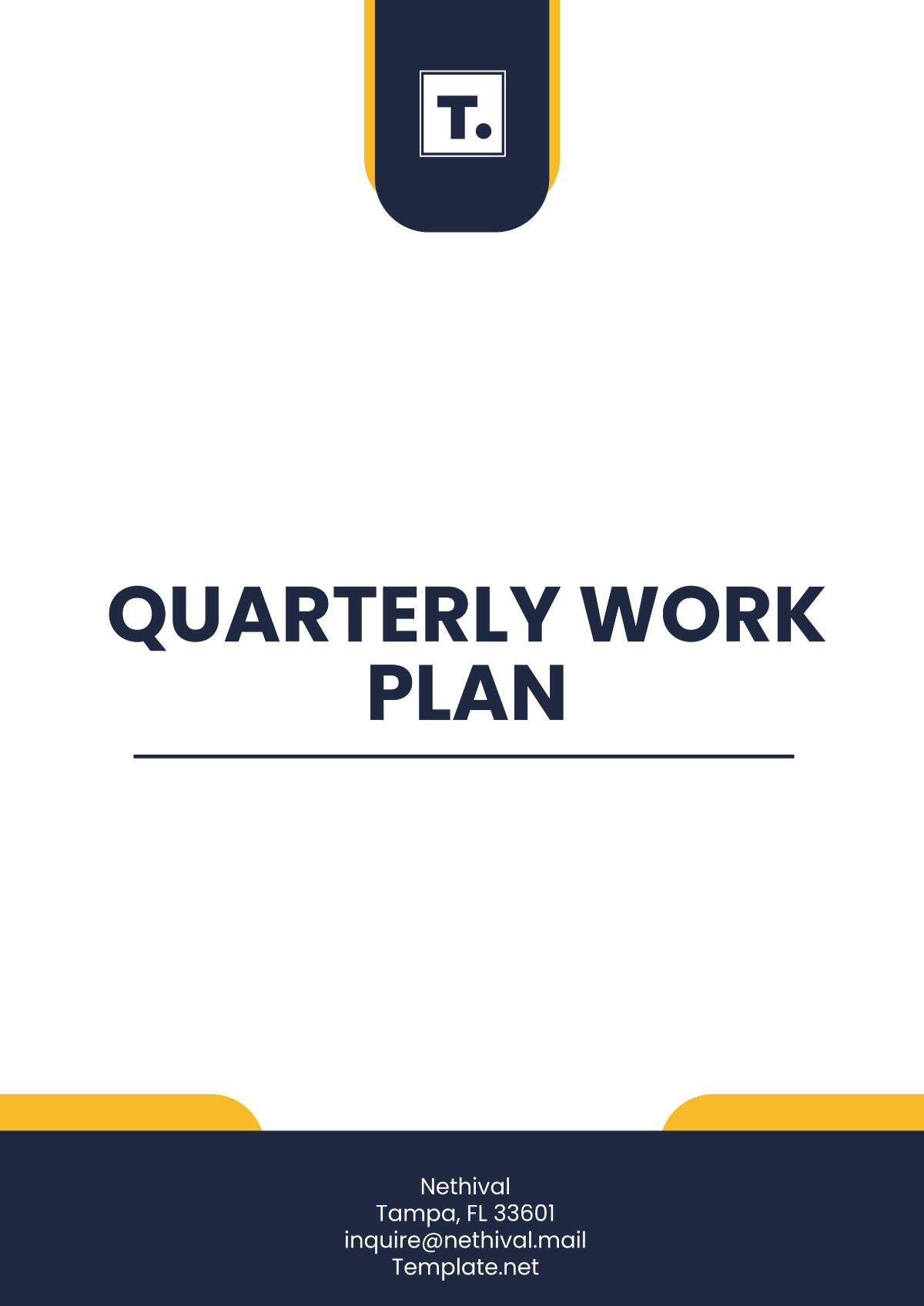Field Work Plan
Prepared by: [Your Name]
Date: [Date]
I. Project Overview
A. Project Overview
This fieldwork plan outlines the steps for conducting an extensive survey of the biodiversity within the Northern Forest Reserve. The primary goal is to assess the current status of plant and wildlife species, focusing on identifying endangered species, invasive threats, and areas of ecological concern. The research will contribute to the Sustainable Biodiversity Conservation Initiative (SBCI) aimed at preserving the ecosystem for future generations.
B. Purpose of the Field Work
The fieldwork aims to provide critical data on local biodiversity to help stakeholders design targeted conservation strategies. This data will serve as a foundation for policy recommendations at local, national, and international levels.
C. Scope
The study will include three primary ecological zones within the Reserve: dense forest, wetland areas, and grassland meadows. These zones are expected to harbor a range of species, from rare flora to keystone animal species. The fieldwork will span two months and include initial site visits, full surveys, and follow-up data collection.
II. Objectives and Goals
A. Primary Objective
Conduct a detailed biodiversity inventory within the designated zones. The aim is to catalog and photograph at least 80% of the identified species across all habitats.
Collect baseline data for ongoing monitoring and future biodiversity health assessments.
B. Secondary Objectives
Identify potential threats to biodiversity in the area, including human activities (e.g., deforestation), climate change impacts, and the introduction of invasive species.
Evaluate the effectiveness of existing conservation efforts and propose new measures to protect critical habitats.
Engage with local communities to raise awareness and ensure sustainable environmental practices in the region.
C. Expected Outcomes
A comprehensive, georeferenced database of species, with detailed descriptions and photographic evidence.
A research paper summarizing findings, including actionable conservation recommendations for stakeholders.
Public engagement initiatives to spread awareness about local conservation issues.
III. Methodology
A. Data Collection Methods
Plant Survey: A combination of visual identification and collection of plant samples for further analysis in a lab setting. The plant survey will focus on both common and rare species. Local experts will assist in identifying plants of particular ecological significance.
Wildlife Survey: A mix of direct observation and indirect monitoring using camera traps, motion sensors, and acoustic monitoring for nocturnal species. Drone technology may also be used to observe larger animals from a safe distance.
B. Sampling Techniques
The team will use a stratified random sampling method, dividing the Reserve into uniform ecological zones and selecting random plots within each zone. This ensures data collection is representative of the entire ecosystem.
Transects: Straight-line surveys will be set up across each zone, and every 10 meters along these transects, detailed observations and measurements will be made.
C. Tools and Equipment
GPS-enabled tablets for accurate location tagging and real-time data entry.
Camera traps, motion-sensor devices, and drones for wildlife tracking.
Field guides for plant and animal identification.
First-aid kits, personal protective equipment (PPE), and weather-resistant gear.
IV. Timeline
A. Pre-Field Work Preparation (March 1, 2050 - March 15, 2050)
Team Selection and Training: Finalization of the field team, followed by specialized training sessions. These will cover species identification, safety protocols, data collection methods, and emergency response procedures.
Equipment Check: Ensuring all equipment, including cameras, GPS devices, and safety gear, are tested and operational.
Permitting and Logistics: Securing necessary fieldwork permits, arranging transportation, and mapping out access routes to key locations.
B. Fieldwork Execution (March 16, 2050 - May 15, 2050)
Week 1–2: Surveying the dense forest area, focusing on species identification and establishing baseline data for plant life.
Week 3–4: Transition to wetland areas, setting up motion sensors, and conducting detailed wildlife counts.
Week 5–6: Grassland meadows survey and additional data collection. Drones will be deployed to monitor large animal movement patterns.
Week 7–8: Final assessments, data verification, and ensuring the completeness of the survey. Revisit specific areas of ecological importance for in-depth observations.
C. Post-Field Work (May 16, 2050 - May 31, 2050)
Data Analysis: The collected data will be analyzed using statistical software and ecological modeling tools to identify biodiversity trends and threats.
Reporting and Documentation: A comprehensive final report, including detailed charts, maps, and recommendations, will be compiled and submitted to the project stakeholders.
Stakeholder Presentation: The final findings will be presented at an online conference for stakeholders, including government officials, conservationists, and local community leaders.
V. Resources
A. Personnel
Field Coordinator (Lead Researcher): Responsible for overseeing field operations, coordinating logistics, and managing the research team.
Wildlife Specialists: Two experts in mammal, bird, and reptile species will assist with data collection and monitoring.
Botanists: Two experts specializing in regional flora will lead the plant survey and provide identification assistance.
Data Analysts: Two specialists responsible for processing, analyzing, and interpreting the collected data.
B. Equipment
GPS Tablets: Used for mapping and data collection (10 devices).
Camera Traps: 20 units to monitor wildlife activity.
Drones: Two drones equipped with cameras for aerial monitoring of large animals and hard-to-reach areas.
Motion Sensors: 10 units for tracking nocturnal and rare species.
Safety Gear: Waterproof boots, gloves, first-aid kits, and weather-appropriate clothing.
C. Materials
Field Guides: Printed and digital versions of local plant and animal identification guides.
Data Sheets: Custom-designed for recording observations during fieldwork, both physical and digital formats.
Local Maps: Updated topographic maps of the survey zones.
VI. Safety and Risk Management
A. Identified Risks
Wildlife Encounters: Potential risks from venomous animals, large mammals, or territorial species.
Harsh Weather: The field areas may experience sudden storms or extreme temperature fluctuations.
Terrain Hazards: Slippery rocks, uneven ground, and muddy wetlands.
B. Safety Protocols
Field teams will receive safety training before deployment, covering topics like safe wildlife interactions, emergency evacuation routes, and first-aid basics.
Each team member will be provided with a personal emergency beacon for communication in case of separation or danger.
A mobile field clinic will accompany the team for immediate medical attention if required.
C. Emergency Contacts
A list of local emergency numbers (fire, police, medical) will be distributed to all field team members.
The project supervisor will maintain a direct line of communication with all personnel through satellite phones.
VII. Budget
A. Personnel Costs
Field Coordinator: $8,000
Wildlife Specialists (2): $12,000
Botanists (2): $10,000
Data Analysts (2): $7,000
B. Equipment Costs
GPS Tablets: $3,500
Camera Traps: $5,000
Drones: $10,000
Motion Sensors: $2,500
Safety Gear and Field Guides: $1,500
C. Other Costs
Permitting Fees: $1,000
Logistics (Transportation, Accommodations): $8,000
Total Estimated Budget: $58,000
VIII. Reporting and Documentation
Daily Logs: Every team member will record observations on the field every day, capturing not just the data but any notable incidents or issues.
Data Processing: Once collected, all data will be uploaded to the project database, where it will be processed using GIS tools for spatial analysis and data visualization.
Final Report: The final research report will include:
Executive Summary: Key findings and recommendations.
Data Visualization: Graphs, heatmaps, and species distribution maps.
Conservation Recommendations: Actionable steps to safeguard biodiversity in the region.
Public Outreach: An online document accessible to the local community and wider public, highlighting the importance of conservation and the role of research in protecting their natural heritage.

